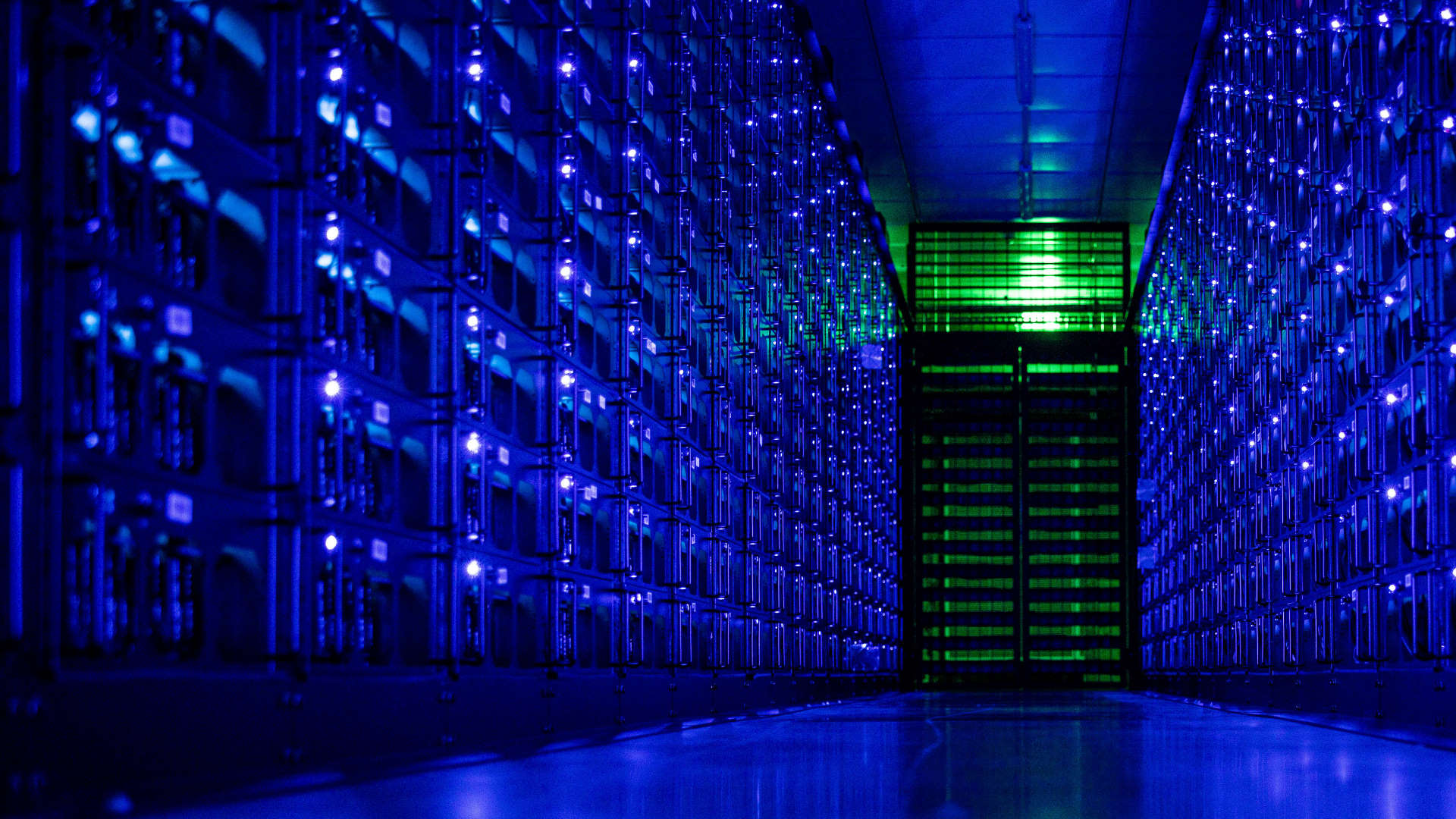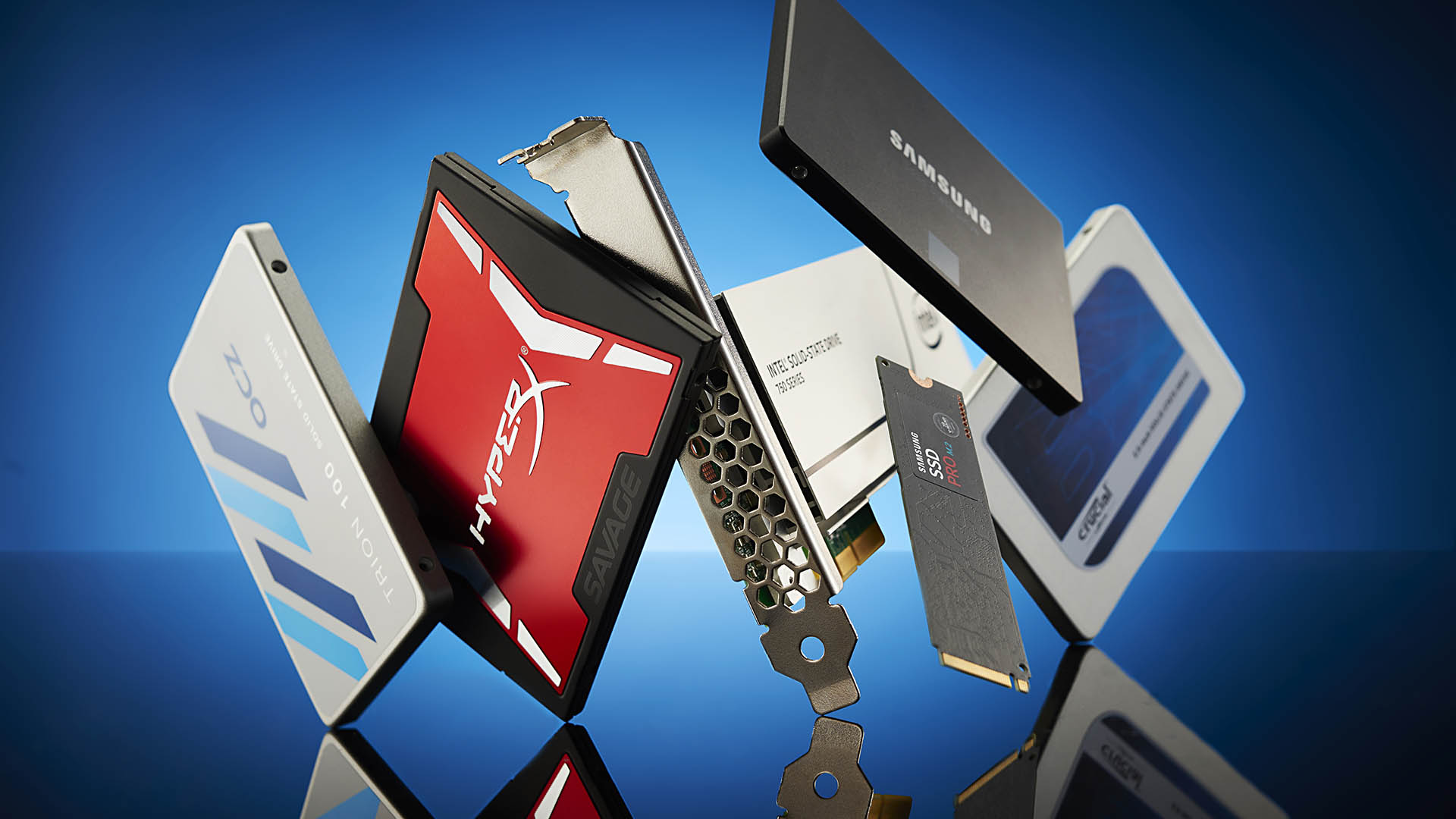Micron boasts world's most advanced SSD for data centers
This could help to make game streaming servers more viable on top other more practical uses.

In today's techy world, data centers are a huge but relatively unseen part of all of our daily lives, and to do the things we love they need super speedy SSDs such as the latest Micron drives.
Data center drives are no longer just something that's used to store data for big companies or tech nerds. We stream all sorts of things like entertainment with movies and TV shows, music, and now even videogames.
And it all comes from this mysterious place so often called the cloud, which is, in reality, actually a huge building filled with racks of SSDs somewhere here on terra firma.
With the increase in common use, the demand on data centers has also gone up dramatically. Now, we're expecting to be able to do fairly demanding processes like stream games seamlessly, which requires incredible speeds from these banks of machines.
So it's no surprise we've just seen the launch of the most advanced data centre SSD yet.

Best SSD for gaming: the best solid state drives around
Best PCIe 4.0 SSD for gaming: the next gen has landed
The best NVMe SSD: this slivers of SSD goodness
Best external hard drives: expand your horizons
Best external SSDs: plug in upgrades for gaming laptops and consoles
Micron is no stranger to the SSD market thanks to its own Crucial brand, though it’s also known for impressive DDR4 overclocks, too. The newly announced Micron 7450 SSD with NVMe is set to be the new feather in Micron's cap boasting to be the world's most advanced 176 layer NAND data centre SSD. This looks like it's similar in concept as the new 2TB M.2 SSDs the company recently squeezed into a 2230 form factor.
The new Micron 7450 SSDs are built specifically for data centers using something called 'replacement gate technology.' This method allows for multiple cells to be built into a single insulating structure, which is said to practically eliminate so-called cell to cell coupling issues, greatly speeding things up. According to Micron, the new SSDs are capable of sub 2ms random read and write latencies almost all the time.
Keep up to date with the most important stories and the best deals, as picked by the PC Gamer team.
Unlike those 2230 M.2s, these 7450 SSDs certainly won’t fit in your brand new Steam Deck. Though nearly reaching 16 TB capacities, I kinda wish they did.
Instead, these new storage baes will be better served helping you with services like Nvidia’s GeForce Now, or whatever it is that Intel looks to be starting up soon.

Hope’s been writing about games for about a decade, starting out way back when on the Australian Nintendo fan site Vooks.net. Since then, she’s talked far too much about games and tech for publications such as Techlife, Byteside, IGN, and GameSpot. Of course there’s also here at PC Gamer, where she gets to indulge her inner hardware nerd with news and reviews. You can usually find Hope fawning over some art, tech, or likely a wonderful combination of them both and where relevant she’ll share them with you here. When she’s not writing about the amazing creations of others, she’s working on what she hopes will one day be her own. You can find her fictional chill out ambient far future sci-fi radio show/album/listening experience podcast right here. No, she’s not kidding.

